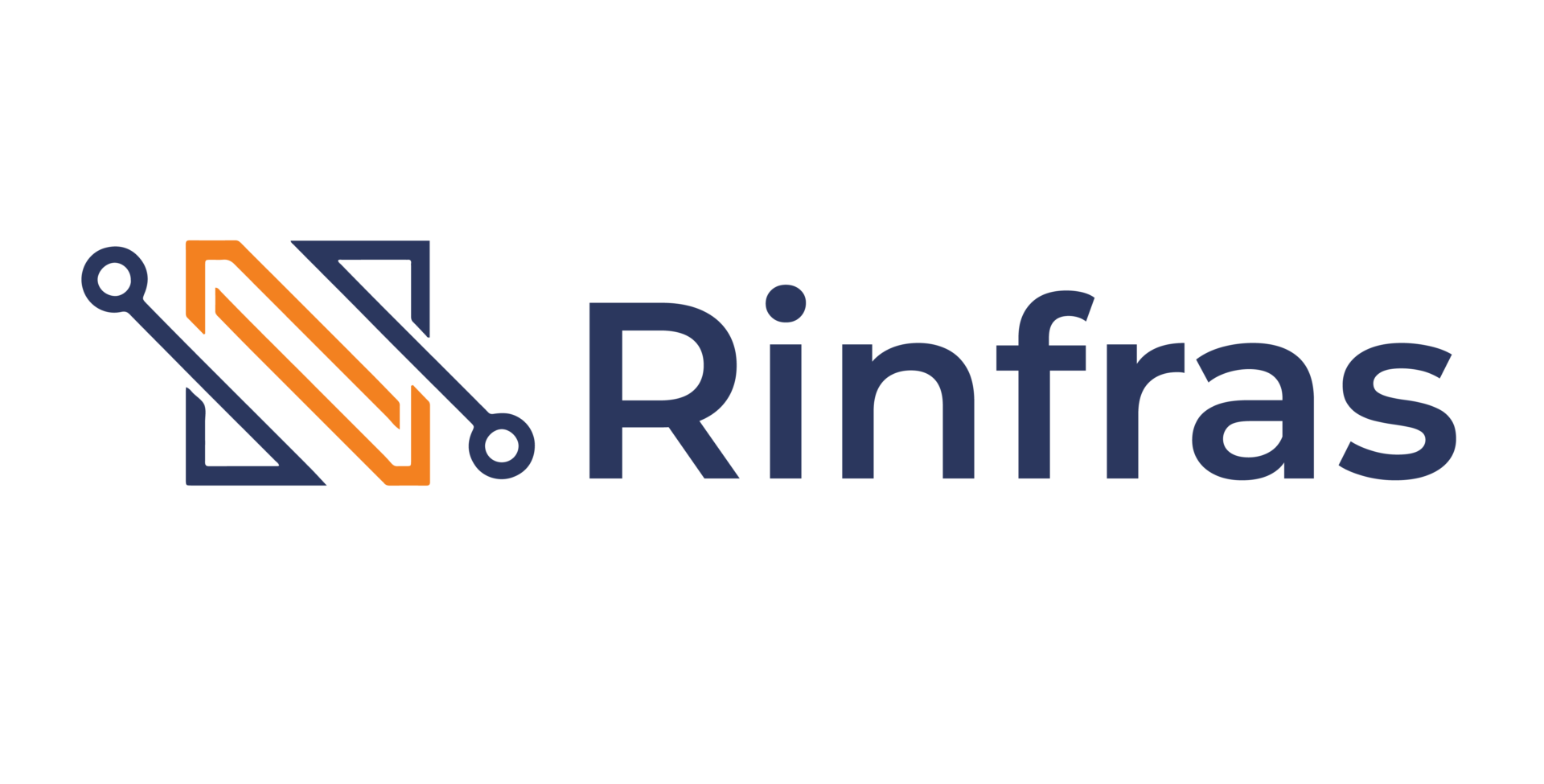In today’s digital landscape, data has become one of the most valuable assets for businesses. Companies rely on vast amounts of data to make informed decisions, improve efficiency, and gain a competitive edge. However, with the proliferation of cyber threats, securing these data assets has become a critical challenge for organizations across all industries. In response to this growing concern, Managed Security Services (MSS) have emerged as a comprehensive solution to safeguard valuable data and protect against potential breaches.
Managed Security Services encompass a range of outsourced security solutions that assist organizations in monitoring, detecting, and mitigating cyber threats. By collaborating with experienced and skilled cybersecurity experts, companies can reinforce their defense mechanisms and enhance their overall security posture. Let’s delve into the key aspects of Managed Security Services and their significance in securing data assets.
Comprehensive Threat Monitoring and Detection:
Managed Security Services providers employ cutting-edge technologies and advanced threat intelligence tools to continuously monitor networks and systems. These security operations centers (SOCs) can identify and analyze suspicious activities, potential vulnerabilities, and emerging threats in real-time. Their proactive approach enables them to detect security incidents before they escalate into significant data breaches.
Rapid Incident Response:
In the event of a security breach or cyber-attack, swift action is crucial. Managed Security Services offer a well-defined incident response plan to mitigate the impact of such incidents. Their teams of cybersecurity professionals are equipped to investigate and contain the breach promptly, minimizing downtime and data loss. This proactive incident response can significantly reduce the financial and reputational damage caused by cyber incidents.
Enhanced Data Protection:
Data assets are at the core of every business, and securing them is of utmost importance. Managed Security Services focus on deploying robust encryption methods, access controls, and data loss prevention strategies. By implementing these protective measures, organizations can ensure that their sensitive information remains secure from unauthorized access or theft.
Constant Security Updates and Patch Management:
The cybersecurity landscape is constantly evolving, with new threats and vulnerabilities emerging regularly. Managed Security Services providers stay up-to-date with the latest security trends and apply necessary updates and patches promptly. This proactive approach ensures that the organization’s systems and software are protected against known vulnerabilities, reducing the risk of exploitation.
Regulatory Compliance:
Many industries must comply with strict data protection regulations, such as GDPR, HIPAA, or CCPA. Failure to comply with these regulations can lead to severe penalties and reputational damage. Managed Security Services can help organizations navigate the complex landscape of regulatory requirements, ensuring that their data handling practices are in line with the latest standards.
24/7/365 Monitoring and Support:
Cyber threats do not adhere to a 9-to-5 schedule. They can strike at any time, leaving organizations vulnerable when their internal security teams are not actively monitoring the network. Managed Security Services provide round-the-clock monitoring and support, offering peace of mind to businesses that their data assets are continuously protected.
Cost-Effectiveness:
Building and maintaining an in-house security team with the necessary expertise can be a costly endeavor for many organizations. Managed Security Services offer a cost-effective alternative, allowing businesses to access top-tier security professionals and advanced technologies without the burden of recruitment, training, and infrastructure costs.
Focus on Core Competencies:
Outsourcing security responsibilities to Managed Security Services allows organizations to concentrate on their core competencies. Instead of getting bogged down by security concerns, businesses can direct their resources and efforts towards innovation, growth, and customer satisfaction.
In conclusion, the significance of Managed Security Services in securing data assets cannot be overstated. As cyber threats continue to evolve, organizations must prioritize the protection of their valuable data to maintain a competitive advantage and safeguard their reputation. By partnering with Managed Security Services providers, businesses can ensure a robust and proactive security posture, enabling them to navigate the digital landscape with confidence and resilience.


